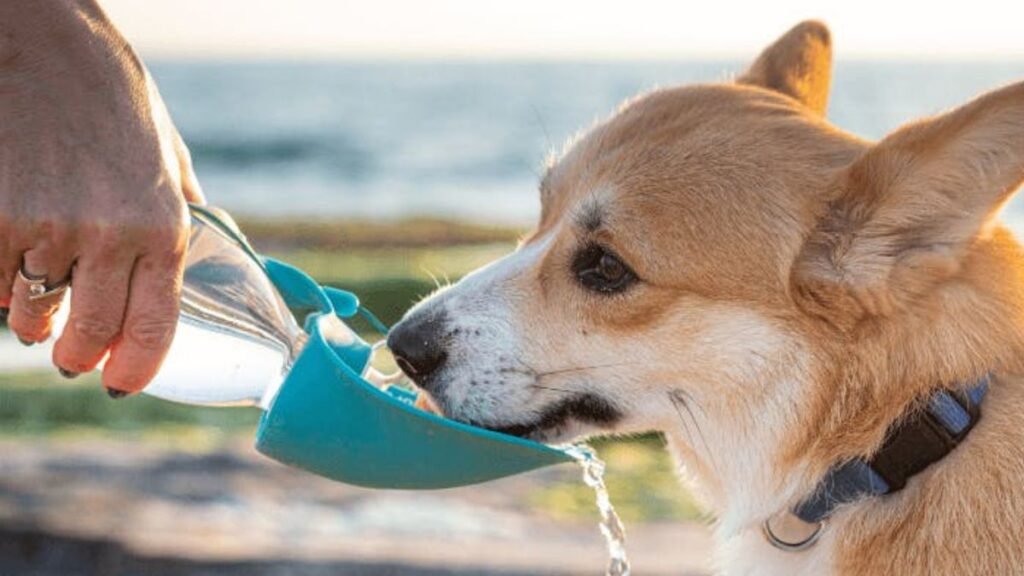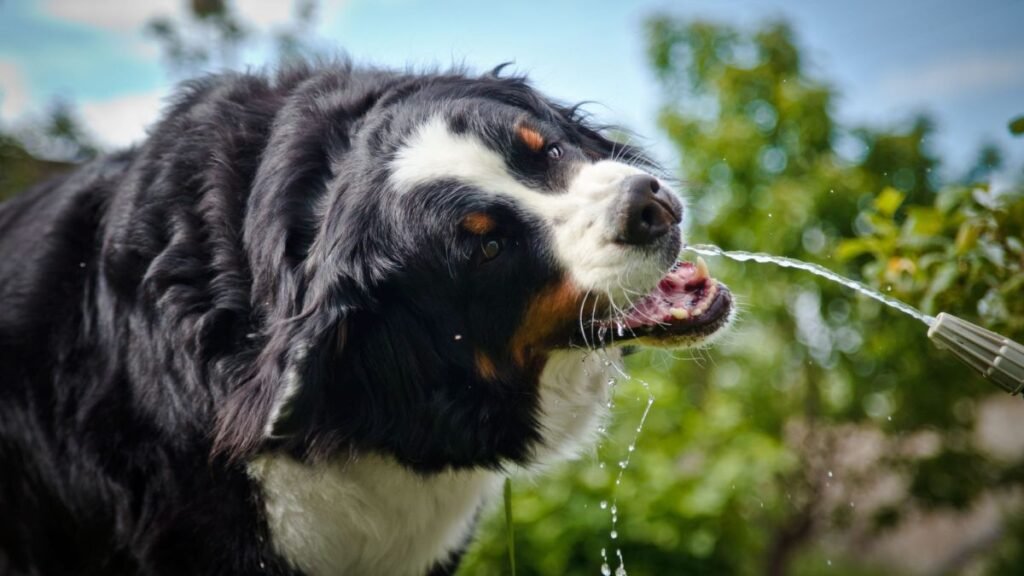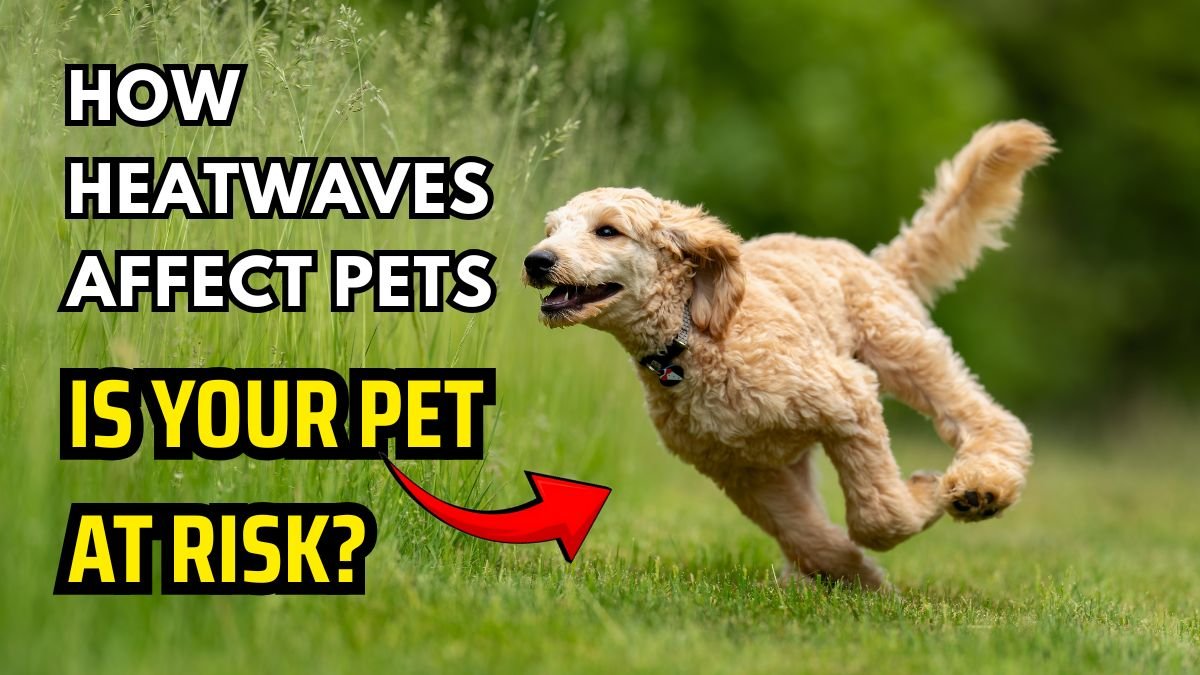When heatwaves hit the US, people often find relief in air conditioning, coolers, or cold drinks. But what about our pets? Have you ever thought about what happens to your dog or cat when temperatures climb above 100°F? Heatwaves impact animals of all sizes, from tiny Chihuahuas to large Great Danes, in different ways. In this article, you’ll learn about the dangers heatwaves pose to pets and how you can keep them safe during extreme temperatures.
Small Pets: Innocent and Delicate

Small dogs such as Pomeranians, Yorkshire Terriers or Chihuahuas may look playful and lively, but they are extremely sensitive to heat. Their bodies heat up quickly and their ability to regulate temperature is limited.
Walking these small pets outside, especially during the day, can be life-threatening. Their bodies cannot tolerate heat for long, which can lead to heat stroke, dehydration, and even heart failure.
What to do?
- Walk outside only in the early morning or evening
- Keep cool and clean water available at all times
- Keep in an air-conditioned or cooler room
- Never leave in the car, even if the window is open
Large-sized pets: Strong but at greater risk
Large dogs such as Labradors, Golden Retrievers, or Great Danes may have strong bodies, but they cannot withstand high heat for long. Due to their large bodies, their ability to release heat is slow.
The exercise that is necessary for them on normal days can be fatal during a heatwave. When they cannot sweat, they try to cool down by panting (breathing with open mouth), but when the air is hot, this method also fails.
Preventive measures:
- Do not allow them to play outside for long periods of time
- Make sure the lawn or yard has a shaded area
- Cool the body with a wet towel
- Contact the vet immediately if symptoms appear
Pets like cats: Calm but dangerous
Cats often live indoors, but that does not mean they are safe from heat waves. In summer, closed rooms, especially those with low air flow, can dehydrate the cat.
Cats are experts at hiding symptoms. If they are feeling hot, they will not tell you directly. If your cat becomes more lethargic, does not eat, or repeatedly goes to lie down in the shade, be careful.
What to do?
- Create a cool corner in the house
- Keep a water dish in every room
- Improve ventilation
- Wipe with a wet towel or keep it near a fan
Rabbits, guinea pigs and other small pets
Many people in the US keep small animals such as rabbits, guinea pigs, or hamsters. These pets are most vulnerable during heatwaves, especially if they live outside in cages. For them, a rise in temperature of just a few degrees can be fatal.
Important precautions:
- Keep the cage in the shade
- Use ice packs or tiles
- Provide fresh water at all times
- Keep the cage air flow open
What do American veterinarians say?

According to the American Veterinary Medical Association (AVMA), heat stroke can develop very quickly in animals and can prove fatal in a matter of minutes. Common symptoms of heat stroke in animals include rapid panting, drooling, vomiting, tremors, and unconsciousness.
According to a report, hundreds of pets die in the US every year due to heat, most of which are caused by being locked in a car or being exposed to the sun for long periods of time.
What steps should be taken to protect pets in the US?
If you live in the US, it is important to take pet safety seriously during the summer months. Heatwaves are becoming common in many states such as California, Arizona and Texas, and it becomes even more important to take care of pets during these.
Tips:
- Carry a portable fan and water when traveling with a pet
- Use a cooling mat or spray for animals
- Take special precautions during heatwave alerts
- If any symptoms are seen, contact a veterinarian immediately
Conclusion: Responsibility is also important along with love
Pets are a part of our family. We spend time with them, pamper them and they love us unconditionally. But during the summer, especially heatwaves, they need us more.
Love is not just expressed through chocolate treats and toys, but when we understand their pain and take timely action. Whether your pet is small or big, heat affects everyone. If you are cautious, your beloved pet will also be able to stay safe during this dangerous period of heatwave.
FAQs
Q. Can heatwaves be dangerous for pets?
A. Yes, extreme heat can cause heatstroke, dehydration, and even death in pets if they’re not protected properly.
Q. Which pets are most vulnerable during heatwaves?
A. Small dogs, large breeds, flat-faced pets (like pugs or Persian cats), and elderly or overweight animals are especially at risk.
Q. How can I keep my pet cool during a heatwave?
A. Provide fresh water, shade, cool indoor spaces, and avoid outdoor activities during peak heat hours.
Q. Is it safe to leave my pet in the car during summer?
A. No, never leave your pet in a parked car—even for a few minutes. Temperatures inside can soar dangerously fast.
Q. What are the signs of heatstroke in pets?
A. Heavy panting, drooling, vomiting, lethargy, and unresponsiveness. If you notice these, seek veterinary help immediately.



